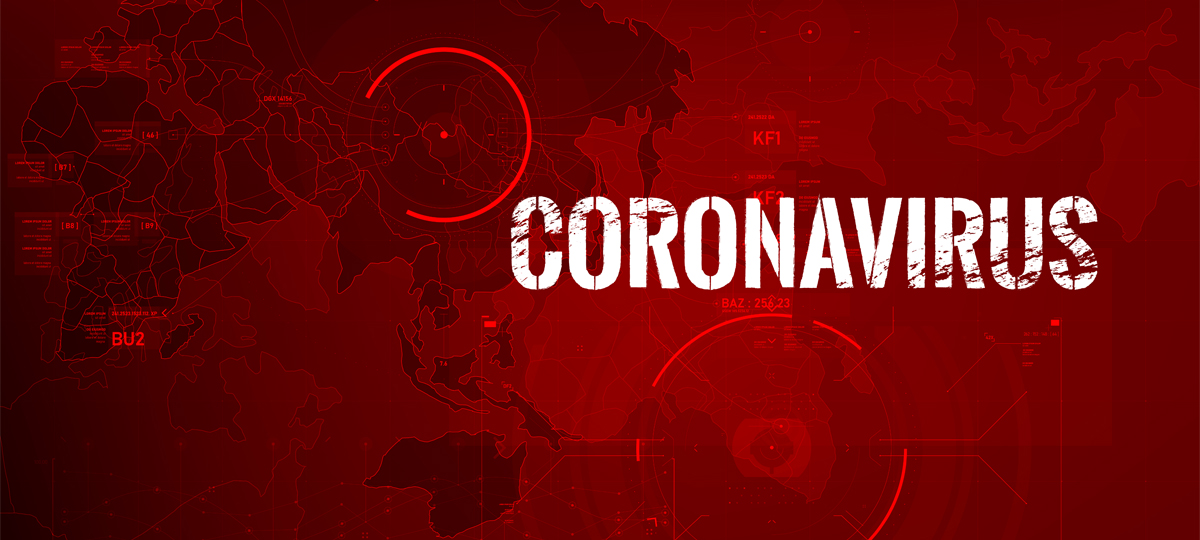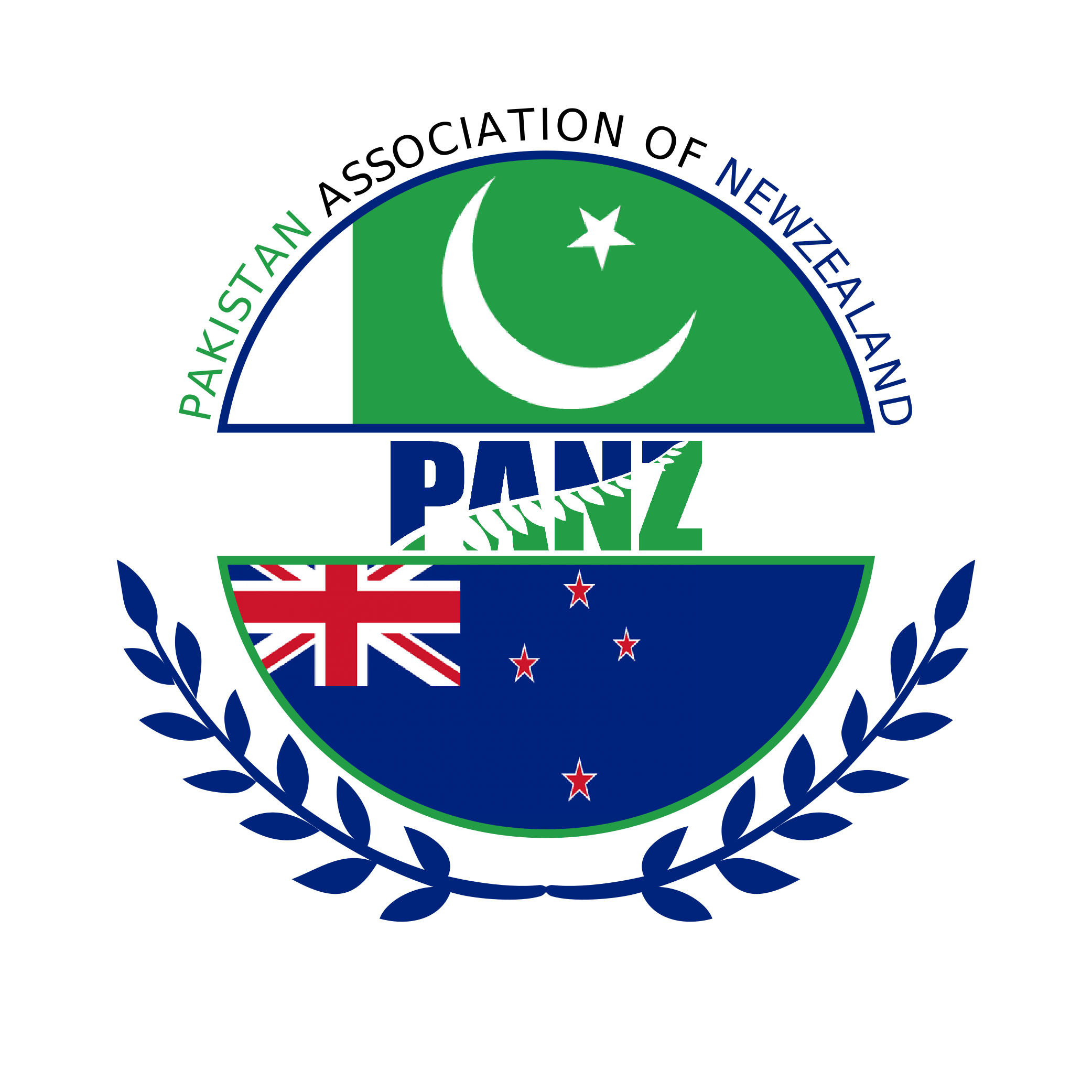

Looking after others
Kindness is an incredibly powerful way to show you are united against COVID-19.
You can make a huge difference by:
- Checking in on older relatives or vulnerable people over the phone, to make sure they have everything they need.
- Talking to friends, whānau and neighbours over the phone to see how they are and if they need support.
- Dropping essential supplies, like food or medications, to those at home. You can leave them at the door.
These kinds of connections and offers of help will go a long way to getting others through COVID-19.
Stay home
Everyone should stay at home. This is the best thing we can all do to stop the spread of COVID-19. This will save lives.
You can leave your house to access essential services, like buying groceries, or going to a bank or pharmacy.
Vulnerable people in particular should stay at home and self-isolate.
Learn more about self-isolating at home and what you can and can’t do
Read more about self-isolating at home at Health.govt.nz(external link)
If you’re sick
If you have any of these symptoms, call your GP before you visit:
- a fever
- cough
- shortness of breath
- sneezing or a runny nose
If you do not have a GP, call Healthline (for free) on 0800 358 5453.
These symptoms do not necessarily mean you have COVID-19. The symptoms are similar to other illnesses that are much more common, such as colds and flu.
You also need to:
- stay at home
- avoid close or prolonged contact with people you live with
- stop having visitors to your home, and
- stay off public transport
Physical distancing
What is physical distancing?
Physical distancing (sometimes known as ‘Social distancing’) is about keeping a safe distance from others.
This is about physical distance. For your own mental health you can, and should, keep in touch with friends and family via the phone, or online.
Outside of your home, or if you are sick, keep a 2 metre distance from people at all times.
Physical distancing is an important way to unite against COVID-19.
Find out advice about self-isolation
How to physically distance
It’s best not to shake hands, kiss hello or hongi for now.
Where you can, keep a bit of space.
Hongi and harirū
We are all being asked to play our part to refrain from physical contact to prevent the spread of COVID-19.
COVID-19 can spread from person to person through physical contact. As well as the impact on New Zealanders generally, this will have an effect on particular areas of tikanga Māori (including kawa), as we move to protect our whānau, hapū and iwi (particularly those who are more vulnerable such as our kaumātua – our koroua and kuia).
In practice, this means suspending our customs of hongi and harirū, alongside stopping kissing, hugging and other forms of close physical contact.
Alternatives include, waving, smiling or other non-physical contact greetings.
